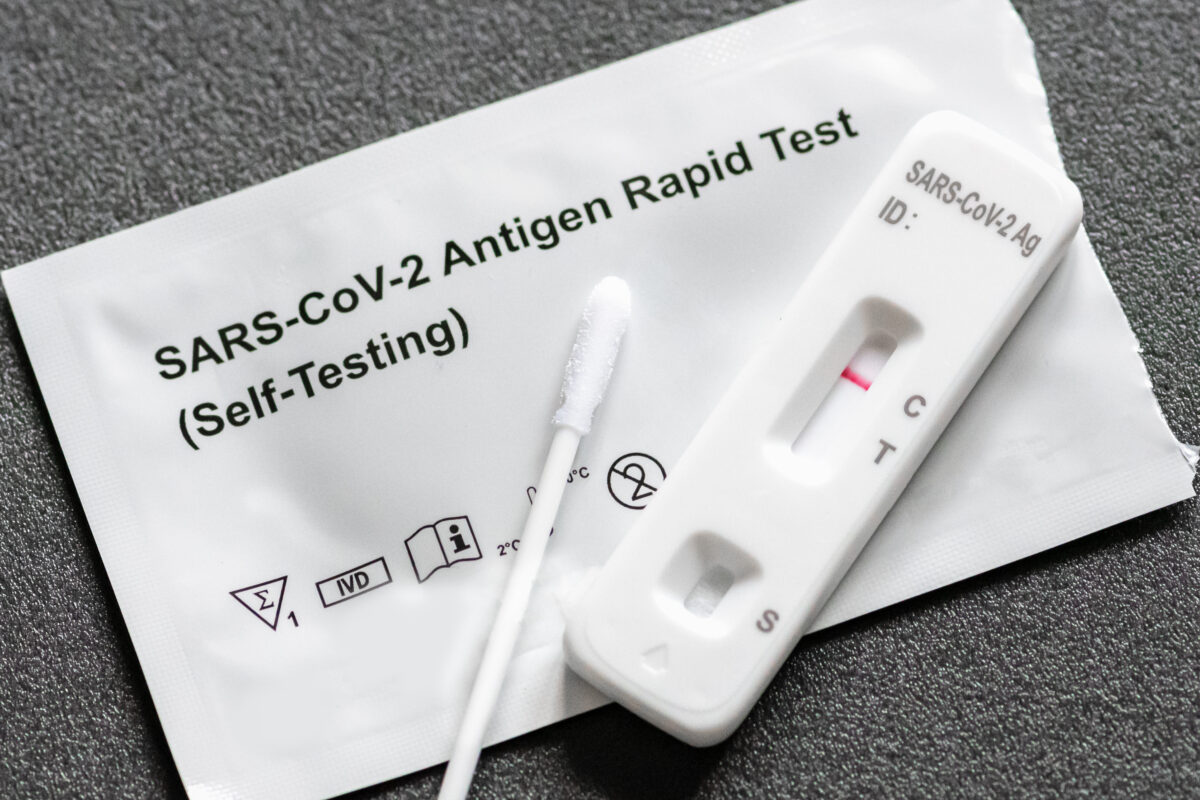
On April 13, the National Association of Medicaid Directors (NAMD) sent a letter to congressional leadership requesting additional relief for states responding to the COVID-19 pandemic. NAMD is a bi-partisan, nonprofit professional organization that represents Medicaid directors from across the U.S. In this blog post we will highlight key requests in the group’s letter.
First, the letter requests an additional 5.8% enhancement to the federal share of funding for Medicaid. As we summarized in a previous post, states are already receiving enhanced funding for their traditional Medicaid programs following the recent passage of the Families First Coronavirus Response Act. That legislation increased the federal share for the traditional Medicaid program by 6.2%, retroactive to Jan. 1, 2020. NAMD’s request, if enacted, would reduce Medicaid program costs in Arkansas to less than 20% of the total costs.
Second, the letter includes a request to allow states to make immediate supportive payments (or retainer payments) to Medicaid providers experiencing financial distress from lower service utilization attributed to the pandemic. The Arkansas Department of Health issued a directive on April 3 to suspend elective surgeries and other non-emergent healthcare services due to the pandemic, citing a need to save personal protective equipment for treatment of COVID-19-positive patients. These types of services typically generate a significant amount of revenue for many hospitals. Recently, two hospitals in Little Rock (Baptist Health and CHI St. Vincent) announced employee furloughs, attributing staff reductions to lower-than-expected revenue associated with COVID-19.
Finally, the letter asks for a delay of the Medical Fiscal Accountability Rule (MFAR) by two years, citing concerns that the rule would “introduce significant instability to the majority of states’ current Medicaid funding mechanisms.” As we noted in a previous post, MFAR would curtail states’ ability to generate funds to pay their share of Medicaid program costs.
It is unclear whether Arkansas Medicaid officials are supportive of the requests in the NAMD letter. Lessening states’ financial exposure for Medicaid is certainly attractive, given the significant impact of the pandemic on revenue forecasts and budget expenditures. Even if the NAMD letter prompts Congress to act, enhanced Medicaid funding could face pushback from the Trump administration. Bolstering the Medicaid program – even temporarily during the current public health emergency – has not been the desired approach of the administration, which has preferred to provide uncompensated-care funds to providers for uninsured individuals.
See other information about the pandemic on our website’s COVID-19 in Arkansas page.






